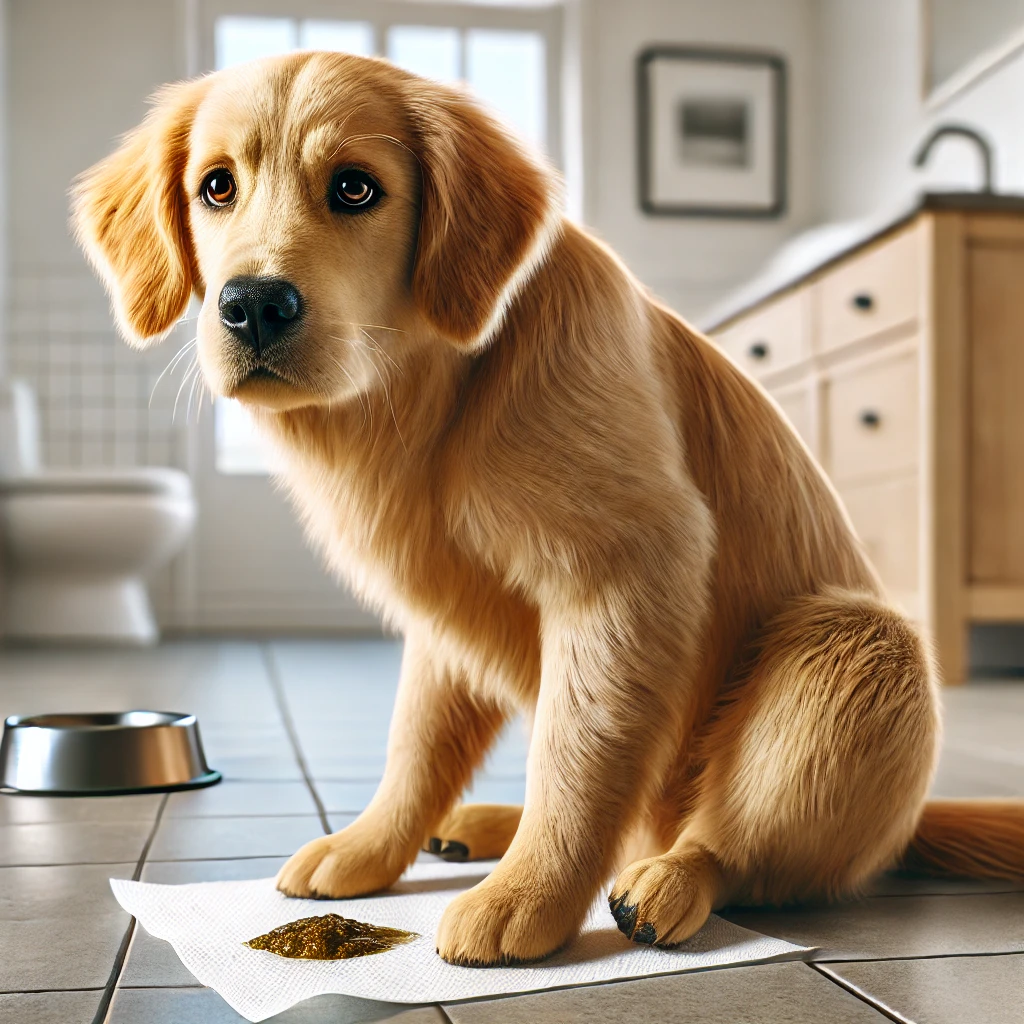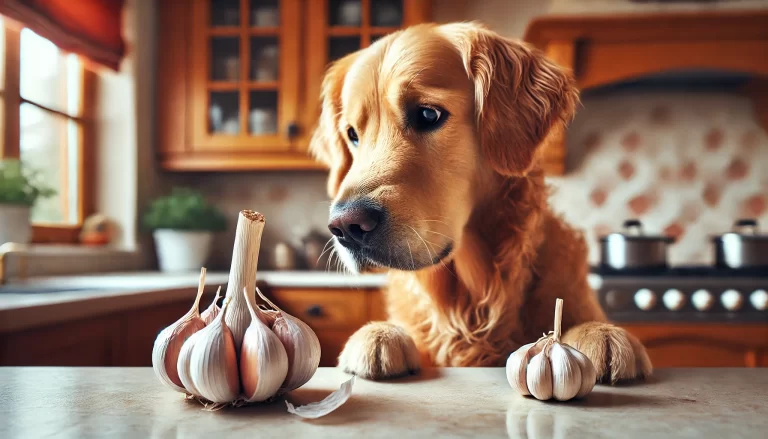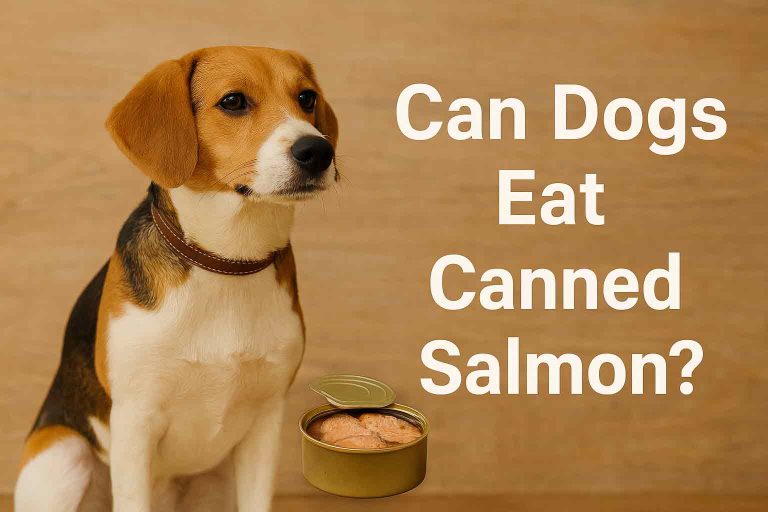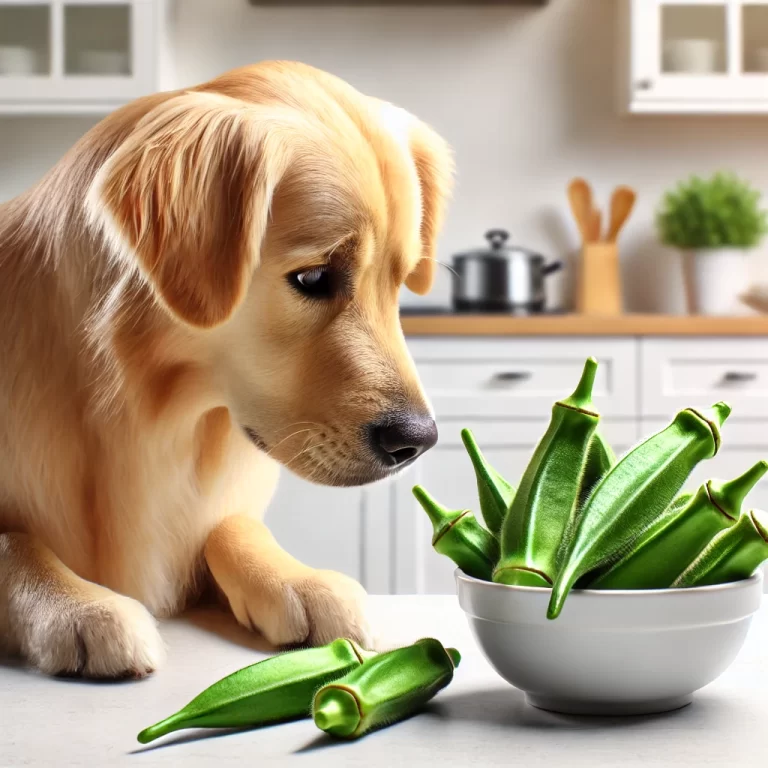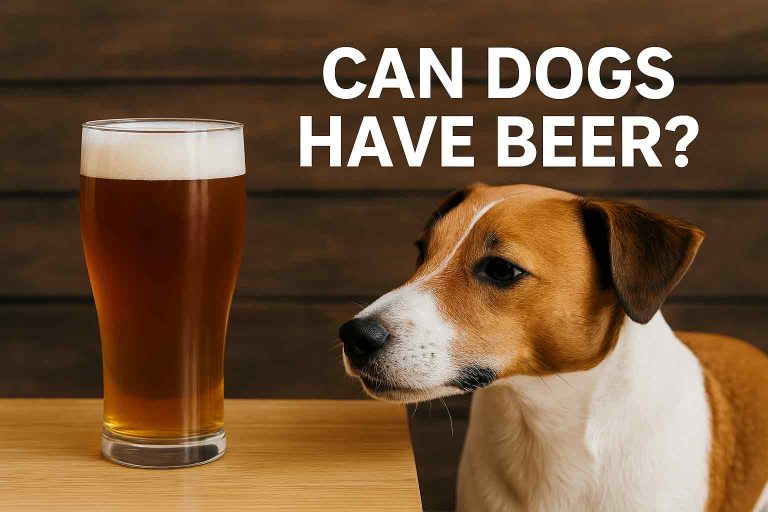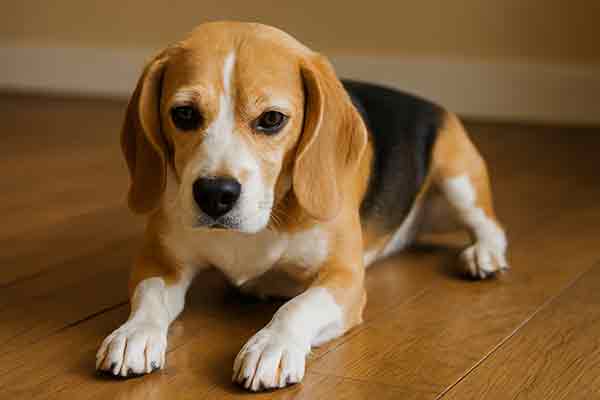My Dog Has Diarrhea But Is Acting Fine – Should I Be Concerned?
Dogs can sometimes have digestive issues, and one of the most common concerns for pet owners is diarrhea. If your dog has diarrhea but is acting fine—still playing, eating, and showing no signs of distress—you might be wondering if it’s something to worry about. In this article, we’ll explore potential causes, when to seek veterinary care, home remedies, and ways to prevent future episodes.
Why Does My Dog Have Diarrhea But Seems Normal?
There are several reasons why your dog may experience diarrhea while otherwise appearing healthy. Some of the most common causes include:
1. Dietary Indiscretion (Eating Something They Shouldn’t)
Dogs are naturally curious and often consume things that aren’t meant for them—table scraps, garbage, or spoiled food. This can cause temporary diarrhea but may not necessarily make them feel sick.
2. Sudden Diet Changes
If you recently switched your dog’s food without gradually transitioning, their digestive system may react by producing loose stools. Dogs need time to adjust to new diets.
3. Food Intolerance or Allergies
Certain ingredients—like dairy, grains, or specific proteins—may not sit well with your dog. Even if they seem fine, food intolerances can cause persistent diarrhea.
4. Stress or Anxiety
Stress can affect dogs just as it does humans. Moving to a new home, a change in routine, or loud noises (like fireworks) can lead to temporary diarrhea, even if your dog otherwise seems happy and active.
5. Mild Bacterial or Viral Infections
Some minor infections can trigger diarrhea but might not cause lethargy or other symptoms. However, if symptoms persist or worsen, a vet visit is recommended.
6. Parasites (Worms or Protozoa)
Intestinal parasites such as giardia, roundworms, or hookworms can cause diarrhea. Some dogs show no other symptoms initially, but an untreated parasitic infection can become serious over time.
7. Medications or Antibiotics
If your dog is taking new medications, especially antibiotics, diarrhea can be a side effect. Probiotics may help balance gut bacteria.
8. Overeating or Eating Fatty Foods
Too much food or eating rich, fatty treats can upset your dog’s stomach. Avoid giving excessive treats or human food.
When Should You Worry About Your Dog’s Diarrhea?
Even if your dog is acting fine, diarrhea can lead to dehydration or signal an underlying health issue. Here’s when you should call the vet:
-
Diarrhea lasts longer than 24-48 hours
-
Presence of blood in stool (red or black stools)
-
Vomiting along with diarrhea
-
Lethargy, weakness, or unusual behavior develops
-
Signs of dehydration (dry gums, sunken eyes, excessive panting, skin tenting)
-
Diarrhea with a foul odor or mucus-like consistency
If your dog is a puppy, senior, or has a compromised immune system, contact a vet sooner rather than later, as they are more vulnerable to dehydration.
Home Remedies for Mild Dog Diarrhea
If your dog has mild diarrhea but is still acting normal, you can try the following remedies at home:
1. Temporary Fasting
Give your dog’s digestive system a break by withholding food for 12-24 hours (but ensure they have access to water). Puppies and small breeds shouldn’t fast for long, so consult your vet first.
2. Feed a Bland Diet
After fasting, introduce a bland diet such as:
-
Boiled chicken and plain white rice
-
Plain pumpkin puree (not pumpkin pie filling)
-
Boiled ground turkey with plain white rice
Feed small portions and gradually return to regular food.
3. Probiotics or Plain Yogurt
Probiotics help restore healthy gut bacteria. You can use a dog-specific probiotic supplement or give plain, unsweetened yogurt in small amounts.
4. Ensure Hydration
Diarrhea causes fluid loss. Provide fresh water and consider electrolyte solutions (like Pedialyte, in small amounts).
5. Slippery Elm Bark or Psyllium Husk
These natural supplements can help firm up stools. Always check with your vet before giving any supplements.
How to Prevent Future Episodes of Diarrhea in Dogs
While some causes of diarrhea are unavoidable, here are ways to reduce the chances of it happening again:
1. Stick to a Consistent Diet
-
Avoid abrupt food changes—introduce new foods gradually over 7-10 days.
-
Avoid giving human food, especially fatty or spicy items.
2. Keep Your Dog From Eating Random Objects
-
Supervise your dog on walks to prevent them from eating garbage, grass, or other questionable items.
-
Use a secure trash can with a lid.
3. Maintain Regular Vet Check-Ups
-
Get routine deworming and parasite control.
-
Keep up with vaccinations to prevent infections.
4. Reduce Stress & Anxiety
-
Provide a stable routine for your dog.
-
Use calming treats or pheromone diffusers if your dog is prone to stress.
5. Monitor Treats and Chews
Some commercial dog treats (especially rawhide or high-fat chews) can trigger digestive upset. Opt for natural, easily digestible treats.
Final Thoughts: Is It Normal for a Dog to Have Diarrhea But Act Fine?
Yes, it’s possible for a dog to have diarrhea while otherwise feeling fine. In many cases, it’s a minor issue caused by diet, stress, or an upset stomach. However, if diarrhea persists for more than 48 hours, worsens, or comes with other symptoms (vomiting, blood in stool, lethargy), consult a vet immediately.
By monitoring your dog’s symptoms and making dietary adjustments, you can help your furry friend recover quickly. Always prioritize hydration and seek veterinary care when in doubt!

